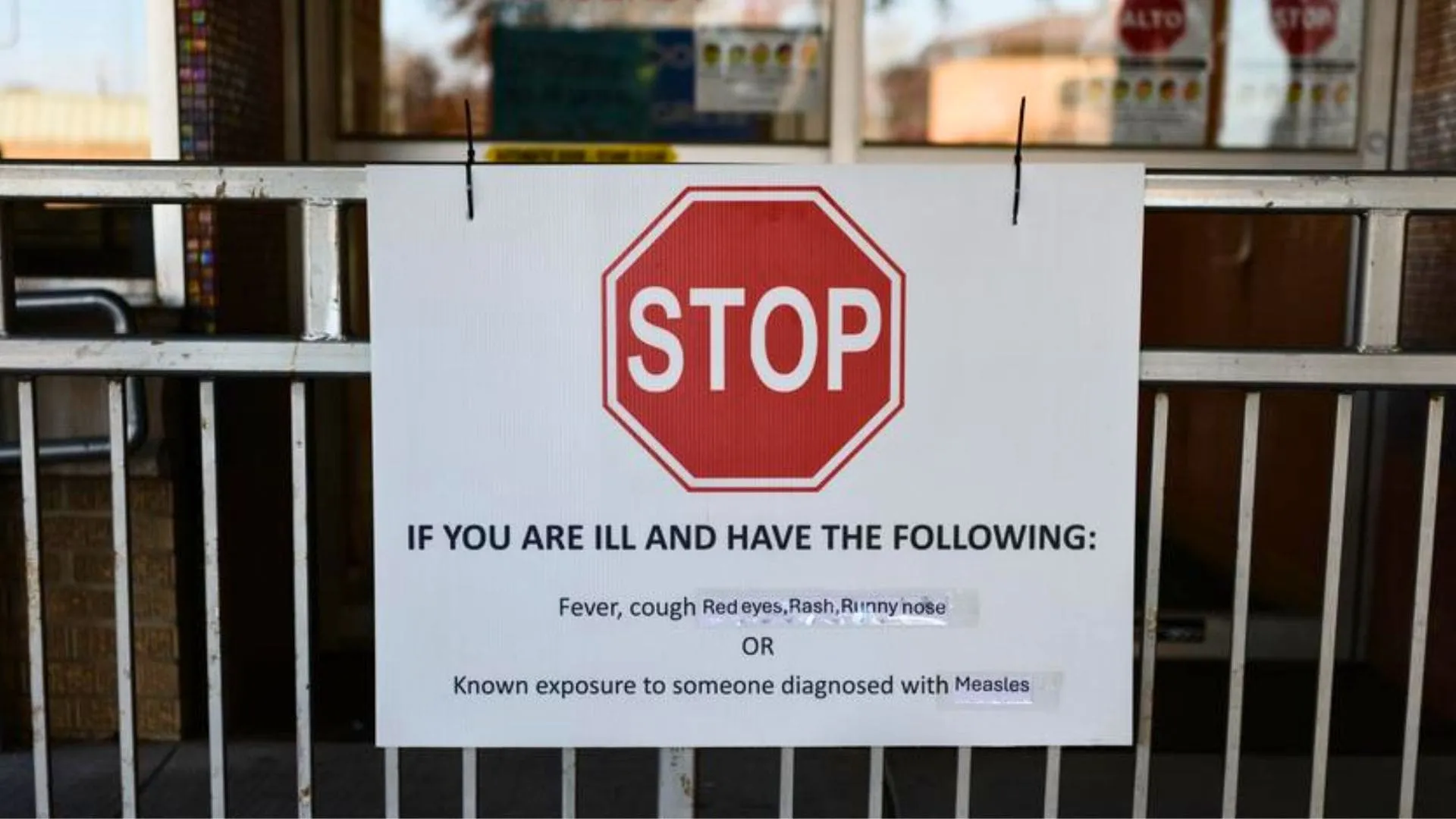In England, over the past decade, the rate of primary-age children diagnosed with constipation has increased by 60%, prompting growing concern about the potential long-term impact on their health. This rise is part of a larger trend that has seen a significant increase in hospital admissions due to constipation across different age groups, including preschool and secondary school children. More than 44,000 children were admitted to hospitals in 2023 with constipation, a statistic that highlights the pressing need for better awareness and earlier intervention for a condition that is often misunderstood and trivialized.
Constipation in children is typically linked to several factors, including dietary issues such as inadequate fiber intake, emotional stress, and potty training challenges. Often starting around the time of potty training, the condition is not only painful but also has emotional and social consequences. Children suffering from constipation can experience stomach pain, nausea, and even accidents at school, causing anxiety and embarrassment. Furthermore, the emotional stress caused by the condition can lead to a vicious cycle where children fear going to the toilet due to the pain, exacerbating the problem and sometimes leading to chronic constipation that requires long-term treatment, including laxatives and toilet retraining.
The increase in cases of constipation has raised alarms about the broader impact on children’s physical and emotional health. Experts such as Professor Monica Lakhanpaul, a pediatrician at Whittington Health NHS Trust, have stressed that constipation should not be seen as a trivial condition. It causes significant disruptions in children’s lives, including school absenteeism, physical distress, and emotional difficulties. Moreover, the condition, if left untreated, can lead to further complications such as diverticular disease and hemorrhoids.
The rise in the diagnosis of constipation is also attributed to the growing issues of food insecurity and poverty, particularly in vulnerable populations. With many families unable to afford a diet rich in fiber, children are increasingly suffering from constipation-related health problems. Consultant dietitian Rebecca McManamon highlights the connection between the cost of living crisis and poor dietary habits, which can lead to serious health consequences. Food banks, for example, may distribute foods like potatoes, which are rich in fiber, but families are often unable to afford the energy costs of preparing such foods, further exacerbating the issue.
The pressures on the healthcare system, including a shortage of general practitioners (GPs) and health visitors, often result in children not receiving timely intervention. By the time they seek help, the problem has become entrenched, requiring more intensive treatment. This delayed intervention is a major factor in the rising number of hospital admissions for constipation-related issues.
Additionally, there are concerns about how the school system is handling the problem. Teachers, often the first to notice signs of constipation in children, find themselves increasingly responsible for teaching healthy toilet habits. However, schools are not equipped to deal with this issue, and in some cases, their policies may even contribute to the problem. For example, some secondary schools have restricted access to toilets during certain times, causing children to hold in their bowel movements, which can aggravate constipation. To promote positive toilet habits, it is essential that children have access to toilet facilities when they need them. However, restrictive school policies, such as the “one-in-one-out” toilet rule, can discourage children from using the toilet regularly, exacerbating constipation issues.
As the rates of childhood constipation continue to rise, it is crucial that more attention is paid to both prevention and early intervention. Greater awareness is needed to educate parents, healthcare providers, and schools about the potential impact of constipation and the importance of addressing it early. It is also essential to ensure that children have access to proper nutrition, adequate hydration, and the support they need to maintain healthy bowel habits.
In conclusion, the rise in childhood constipation rates in England is a significant public health issue that requires immediate attention. With greater awareness and more comprehensive support systems in place, it is possible to address the root causes of constipation and ensure that children can live healthier, more comfortable lives. To prevent further increases in hospital admissions and long-term health consequences, it is essential that we prioritize education, early diagnosis, and access to treatment for all children suffering from constipation.









